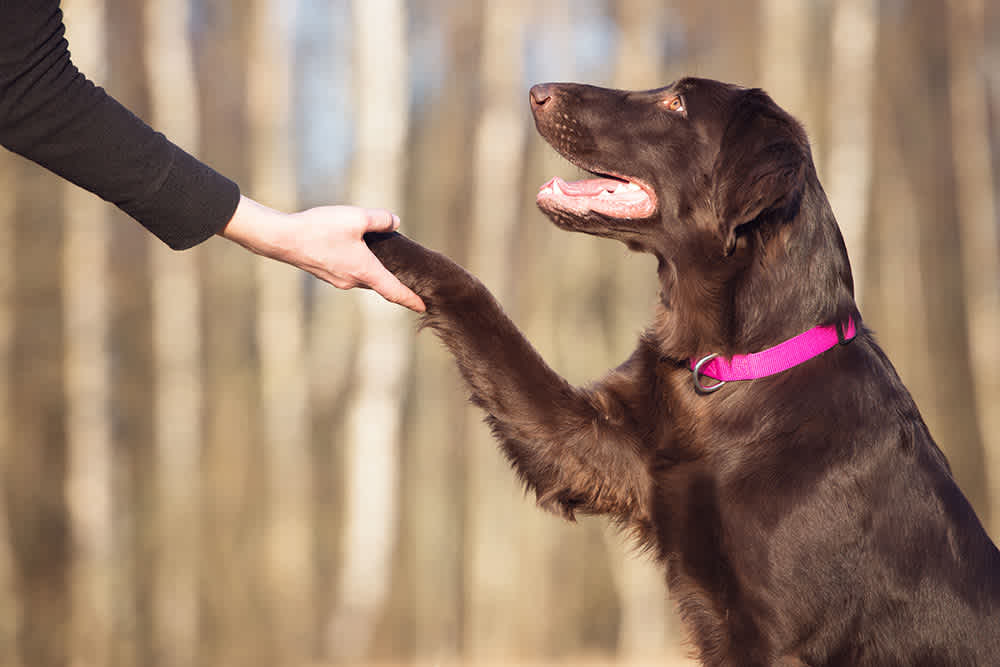Welcoming a new furry friend into your life can be an incredibly rewarding experience. Dogs bring joy, companionship, and unconditional love, becoming cherished members of our families. However, along with the joys of dog ownership come responsibilities, including training. Proper training is essential not only for your dog's well-being but also for a harmonious coexistence with your pet. If you're considering enlisting the help of a professional, here are some invaluable tips for finding the right local dog trainer.
https://thebestdogtrainingnearme.com/
Define Your Goals: Before you start searching for a local dog trainer, it's important to have a clear understanding of what you want to achieve through training. Are you looking to address specific behavioral issues, such as leash pulling or separation anxiety? Do you want your dog to learn basic obedience commands or more advanced tricks? Defining your goals will help you narrow down your search and find a trainer who specializes in the areas that align with your needs.
Research and Gather Recommendations: Start your search by researching local dog trainers. You can ask for recommendations from friends, family, and fellow dog owners. Online reviews and social media can also provide insights into the experiences others have had with local trainers. Look for trainers who have a positive reputation and a track record of helping dogs and their owners succeed.
Check Qualifications and Experience: When considering a dog trainer, it's essential to verify their qualifications and experience. Look for trainers who are certified by reputable organizations such as the Certification Council for Professional Dog Trainers (CCPDT) or the International Association of Canine Professionals (IACP). These certifications demonstrate a commitment to professional development and ethical training practices. Additionally, inquire about the trainer's experience working with dogs similar to yours in terms of breed, age, and behavior issues.
Visit Training Sessions: Before making a decision, attend a few training sessions conducted by potential trainers. Observing how trainers interact with dogs and their owners can give you a feel for their training methods, communication style, and overall approach. Pay attention to the atmosphere of the class—is it positive, engaging, and focused on building a strong bond between the dog and owner? Avoid trainers who use harsh or punitive methods, as these can have long-term negative effects on your dog's well-being.
Understand Training Methods: Every trainer has their own training philosophy and methods. It's important to find a trainer whose approach aligns with your values and goals. Positive reinforcement training, which involves rewarding desired behaviors and ignoring or redirecting unwanted behaviors, is widely regarded as an effective and humane method. Avoid trainers who rely heavily on punishment or dominance-based techniques, as these can lead to fear, aggression, and behavioral issues in the long run.
Ask About Customization: Dogs are unique individuals with different temperaments, learning styles, and needs. A good dog trainer should be able to customize their training approach to suit your dog's specific requirements. During your conversations with potential trainers, inquire about their ability to tailor their methods to your dog's personality and challenges.
Communication Skills: Effective communication is key in any educational relationship. A skilled dog trainer should not only be adept at communicating with dogs but also with their human counterparts. They should be able to explain training techniques clearly, offer guidance, and provide you with the tools to continue training at home. A trainer who can support and empower you in your role as a dog owner is invaluable.
Assess Facility and Equipment: If you're considering group training classes, visit the facility where the training will take place. The environment should be safe, clean, and well-equipped. Check for proper ventilation, sufficient space for dogs to move around, and a positive overall ambiance. In addition, ensure that the training equipment used by the trainer is appropriate, humane, and up to date.
Inquire About Follow-Up Support: Training doesn't end when the class does. Ask potential trainers about their policies regarding follow-up support after the training sessions. Reputable trainers often offer resources, guidance, and assistance to help you continue reinforcing the training principles at home. This ongoing support is crucial for maintaining the progress your dog makes during the training process.
Trust Your Instincts: Ultimately, choosing a dog trainer is a decision that should be made with careful consideration and a healthy dose of intuition. Pay attention to how you feel during interactions with potential trainers. Do they genuinely care about your dog's well-being? Do you feel comfortable asking questions and expressing concerns? Trust your instincts and choose a trainer with whom you feel a positive connection.
In conclusion, finding a local dog trainer is a significant step towards ensuring a happy and harmonious relationship with your four-legged companion. By defining your training goals, researching thoroughly, checking qualifications, observing training sessions, and considering the trainer's methods and communication skills, you can make an informed decision. Remember, effective dog training is based on patience, positive reinforcement, and mutual respect, resulting in a well-behaved and content furry friend.
https://thebestdogtrainingnearme.blogspot.com/
